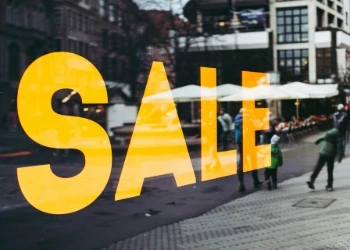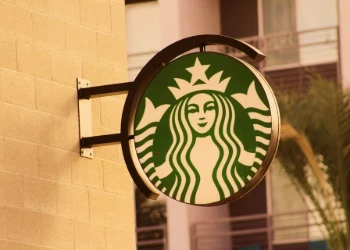Southwest Airlines drops "bags fly free"
Why Southwest’s new baggage fee could cost more than it earns
Add bookmark
On May 28, Southwest Airlines officially put a stop to their longstanding “bags fly free” policy. Now, travelers will have to pay a $35 fee for the first checked bag and $45 for the second.
Customers and industry analysts have been quick to criticize this move, arguing that it marks a severe departure from the low-fee flying experience that Southwest has built its reputation on.
For decades, Southwest positioned itself as the “no-frills, no-fees” airline. The now-defunct “bags fly free” slogan” was both catchy marketing and the ultimate embodiment of the airline’s core promise. So, will the fees, projected to generate up to $1.5 billion annually, outweigh what it could cost the company in customer loyalty and long-term brand equity?

Don't miss any news, updates or insider tips from CX Network by getting them delivered to your inbox. Sign up to our newsletter and join our community of experts.
What went wrong?
Perhaps the most confusing part of this decision is that Southwest itself saw it coming. Last year, the internal projections shared with investors suggested it could earn $US 1 to 1.5 billion from the baggage fees. But, they’d risk losing nearly US$ 1.8 billion in market share.
While the math doesn’t seem to add up, analysts have highlighted pressure from Elliot Investment Management. This big activist investor had recently bought just under a 10 percent stake in Southwest and has been focusing on revenue growth. Critics of the move to baggage fees say that it is the classic case of short-term shareholder pressure directly coming into opposition with long-term brand building. Loyalty is a long game and it could prove costly for the airline to sacrifice this for a quarterly revenue bump.
Customer loyalty and trust is at stake
According to CX Network’s Global State of CX report, customer loyalty was one of the top trends shaping the role of a CX practitioner. Brand trust ultimately drives brand loyalty and violating that trust can unravel years of good work. It is no surprise, then, that one Instagram post from Southwest received over 14,000 mostly negative comments. Staggeringly, this is over 50 times their usual engagement.
Also, according to McKinsey, loyal customers are five times more likely to repurchase and four times more likely to refer others. When a trusted brand breaks its promise, it doesn’t just lose a transaction. Instead, it risks losing decades of accumulated goodwill. One longtime Southwest flyer commented on Reddit, “I stuck with them for 15 years because I felt respected. Now, they’re no better than the rest.”
The chaos doesn’t end there, either. The fee charge is expected to wreak havoc on operations, with the airline expecting a 30 percent drop in checked bags. On smaller planes, only five bags usually need to be gate-checked. Now, however, Southwest expects that 25 or more will exceed overhead bin space. This, in turn, will slow boarding and increase the risk of delays.
Quick links:
- The generative AI bot changing travel for Swiss Airlines customers
- How Swiss Airlines is delivering hyper-personalization at scale
- Don’t let bad policies be the silent killer of your brand













